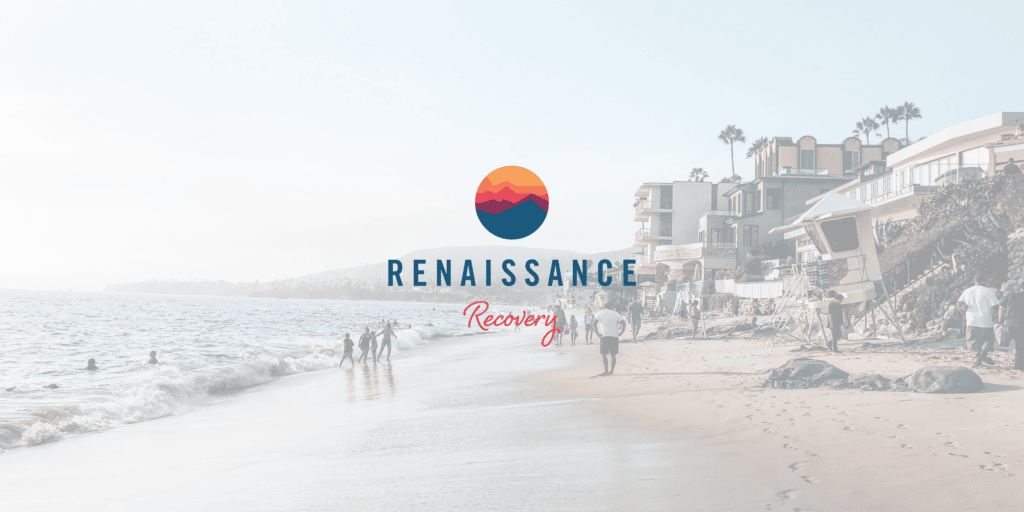Many medications prescribed for the treatment of anxiety disorders are strongly habit-forming – benzodiazepines, for instance – but you can also find non addictive anxiety medications.
Physicians typically avoid prescribing medications with addictive properties when there is a non-addictive alternative, especially for those with a history of substance abuse.
People diagnosed with anxiety disorders are at heightened risk of developing a substance use disorder if they self-medicate the symptoms with addictive medications.
Benzodiazepines are often prescribed for the short-term treatment of anxiety. Regrettably, benzos are classified as a Schedule IV controlled substance due to their potential for dependence and abuse.
Are any anxiety meds non-addictive, then?
Fortunately, not all anxiety medications have the same habit-forming potential as benzos. Today’s guide highlights the most effective non-addictive anxiety medication, including:
- SSRI antidepressants
- SNRI antidepressants
- Tricyclic antidepressants
- Buspirone
- Beta blockers
Additionally, research suggests that CBT (cognitive-behavioral therapy) is equally as effective as medications for the treatment of anxiety disorders. Psychotherapies like CBT offer a significant advantage over pharmacological interventions: the benefits often endure beyond the end of psychotherapy. Sustained recovery from anxiety by using a medication is often contingent on the continued use of the medication. During CBT sessions, by contrast, you will learn that anxiety is not dangerous and not something to fear. A combination of psychotherapy and medications typically delivers the most positive outcomes.
What are Non-Addictive Anxiety Medications?
The benefits and risks associated with different classes of anti-anxiety medications vary significantly. Some medications can even reduce the effectiveness of psychotherapy being administered simultaneously for the treatment of anxiety.
Addictive medications are otherwise known as controlled substances, classified under schedules I to IV of the CSA (Controlled Substances Act). These medications have the potential for abuse and addiction to varying degrees. Schedule I controlled substances have the strongest potential for addiction.
Non-addictive medications, on the other hand, are known as non-controlled medications. These meds do not carry the risk for physical dependence and addiction.
Traditionally, benzodiazepines like Xanax and Valium have been prescribed to treat anxiety disorders. Benzos take effect rapidly, but they also carry the risk of:
- Tolerance
- Physical dependence
- Sedation
- Addiction
It is vital for those with anxiety to have alternatives to benzodiazepines, but is any anxiety medication non-addictive?
Currently, physicians prescribe SSRI (selective serotonin reuptake inhibitor) or SNRI (serotonin-norepinephrine reuptake inhibitor) antidepressants as first-line anxiety medications.
Where benzodiazepines treat the symptoms of anxiety, antidepressants treat the underlying source of anxiety.
What is the Best Non-Addictive Anti-Anxiety Medication?
Several types of anxiety are classified in DSM-5-TR (the fifth edition of APA’s Diagnostic and Statistical Manual of Mental Disorders). These include:
- GAD (generalized anxiety disorder)
- Social anxiety
- Panic disorder
- Separation anxiety
- Specific phobias
Although different types of anxiety benefit from different treatments, SSRIs or SNRIs are typically first-line treatments for nearly all anxiety types.
These non-controlled medications can also be effective for treating anxiety disorders:
- Tricyclic antidepressants
- Buspirone
- Beta blockers
SSRI antidepressants
SSRIs (selective serotonin reuptake inhibitors) are among the most commonly used non-addictive anxiety medications.
Common SSRI antidepressants include:
- Fluoxetine (Prozac)
- Citalopram (Celexa)
- Escitalopram (Lexapro)
- Sertraline (Zoloft)
- Fluvoxamine (Luvox)
Not only are SSRIs non-addictive, but they are also proven effective for treating anxiety. Beyond this, SSRI antidepressants:
- Do not interfere with psychotherapy like CBT.
- Do not trigger memory impairment.
- Cause few side effects.
Even if side effects manifest while you are taking SSRIs, these should subside within a week or so.
This class of medication also has some drawbacks when used to treat anxiety. SSRI antidepressants may take four to six weeks to become fully effective.
Although non-addictive, some SSRIs cause unpleasant withdrawal symptoms to present if use is abruptly discontinued.
In people diagnosed with bipolar disorders, SSRI antidepressants can trigger episodes of mania. As such, they should be prescribed with a mood stabilizer for this purpose.
Some young adults taking SSRIs report an increase in suicidal ideation.
SNRI antidepressants
SNRIs (selective norepinephrine reuptake inhibitors (SNRIs) work similarly to SSRIs.
This class of antidepressants may be prescribed for the treatment of anxiety following the failure of SSRIs.
Only two SNRIs are recommended for treating anxiety:
- Duloxetine
- Venlafaxine XR
The potential drawback of SNRIs is that the energizing effects delivered as the medication targets norepinephrine (a neurotransmitter or chemical messenger) can inflame the symptoms of anxiety.
Tricyclic antidepressants
Tricyclic antidepressants were the first class of antidepressants developed.
Studies show that the following tricyclics can be equally as effective as modern antidepressants for treating anxiety:
- Clomipramine
- Imipramine
Tricyclics carry a greater risk of toxicity and side effects. As such, most physicians first prescribe SSRIs or SNRIs before tricyclic antidepressants are prescribed.
Buspirone
Buspirone (Buspar) is another non-addictive medication sometimes prescribed to treat the symptoms of anxiety.
This medication targets neurons that communicate using serotonin. Unlike SSRIs, buspirone targets just one subtype of receptor. This can mitigate the reduced libido sometimes reported by those prescribed SSRI antidepressants for anxiety.
Effects do not fully set in for four to six weeks.
Beta blockers
Beta-blockers are sometimes used off-label to treat the symptoms of anxiety. When a medication is used off-label, this means it does not have FDA approval for that application.
This class of medication blocks a body chemical called catecholamines. Catecholamines trigger many physical symptoms of anxiety.
Beta blockers can prevent physical symptoms of anxiety before situations like taking an exam or speaking in public.
The most commonly prescribed beta blocker is propranolol. A review of studies shows that
propranolol could be equally as effective as benzos for treating panic disorder short-term.

Addiction and Anxiety Recovery at Renaissance Recovery
When addiction and anxiety co-occur, dual diagnosis can be aggravating with each condition feeding into the other.
Here at Renaissance Recovery, we specialize in the outpatient treatment of addictions, mental health disorders like anxiety, and co-occurring disorders. We offer treatment programs at various levels on ASAM’s continuum of care, including:
- OP: outpatient programs
- IOP: intensive outpatient program
- PHP: partial hospitalization program
- Virtual IOP: remote rehab
If you require assistance with a supervised clinical detox, we can connect you with licensed medical detox centers near you.
Once you have detoxed from alcohol or drugs, you can engage with the following holistic and evidence-based treatments at our luxury Orange County rehab:
- Psychotherapy (CBT or DBT)
- MAT (medication-assisted treatment)
- Individual counseling
- Group therapy
- Family therapy
- Experiential adventure therapy
When you are ready to pursue a sustainable recovery from addiction and anxiety, reach out to Renaissance by calling 866.330.9449.










